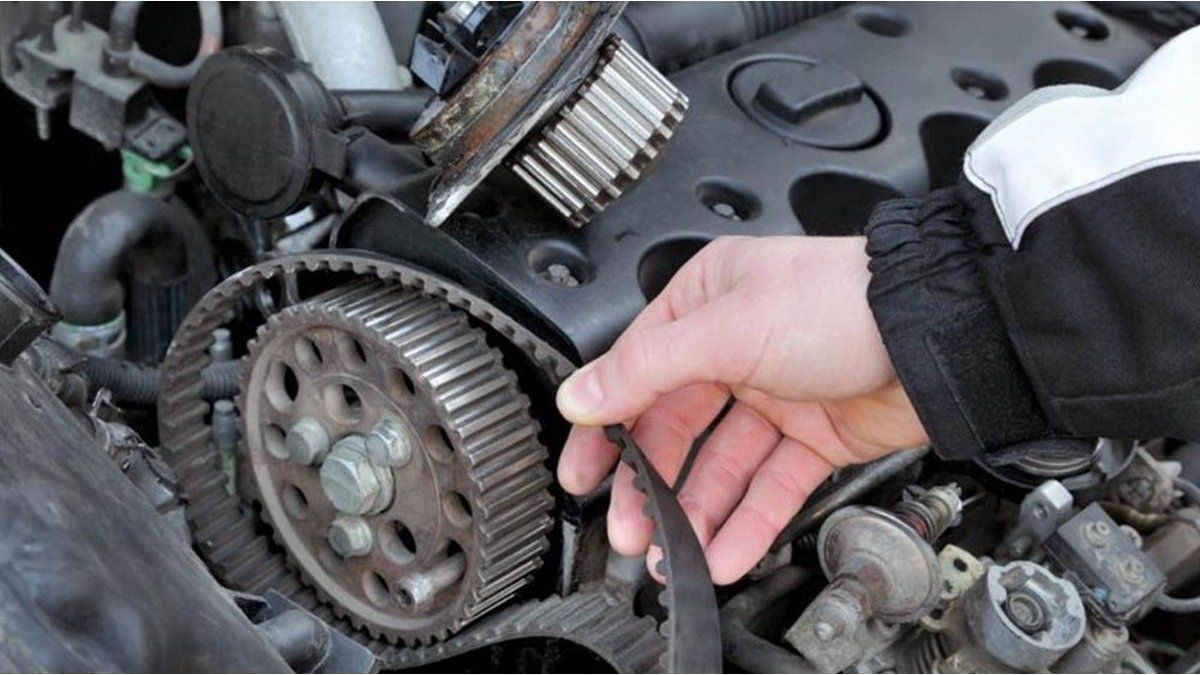HPV is one of the most common sexually transmitted diseases in the world and is the main cause of cervical cancer. Condoms only protect to a limited extent. A new study now shows how effective the vaccinations against the viruses are.
Syphilis, gonorrhea, chlamydia – sexually transmitted diseases that everyone knows. But what about human papilloma viruses? Those who have sex regularly can expect to be infected with it at least once, possibly several times. HPV is one of the most common sexually transmitted diseases in the world. And it’s dangerous – the venereal disease can cause not only genital herpes, but also cancer. HPV is responsible for nearly all cervical cancer cases. And: transmission cannot be reliably prevented even with condoms.
Vaccinations against HPV have been taking place for a number of years. This is intended to contain the venereal disease. A British team of researchers conducted an observational study to determine whether there has been any evidence of effects since vaccination for girls was introduced in the UK in 2008. And now presented data. Data that the charity Cancer Research UK, which supported the study, called “historic”. Because the results suggest that the vaccination cut the number of cervical cancer cases by almost 90 percent. The study was published in the journal “The Lancet”.
HPV vaccination with “huge impact”
Accordingly, the number of precancerous stages as well as the number of cervical cancer cases has decreased drastically since the introduction of vaccination. Based on the data from the observational study, the research team estimates that the vaccination reduced the number of cervical cancer cases by 87 percent compared to the unvaccinated comparison group in the age group 12 to 13 years. By 62 percent in the 14 to 16 age group and by 34 percent among the 16 to 18 year olds. The age information is the age at the time of vaccination. The girls have now grown into women and are between 20 and 30 years old.
The HPV program has prevented an estimated 17,200 precancerous lesions and 450 cancers in the UK. “The effects were enormous,” said Prof. Peter Sasieni from King’s College London, who was involved in the study, to “BBC”. And that is “just the tip of the iceberg”. According to the RKI, it takes on average 10 to 30 years for cervical cancer to develop after an HPV infection via the formation of precancerous stages. Since the HPV vaccines have only been approved in Europe and, for example, in the USA since 2006, the first cases of cervical cancer are only now to be expected in this age group.
Before the British, scientists from Sweden had already presented a first study in 2020 that also showed that the HPV vaccination can prevent cervical cancer. The study, in which more than 1.5 million girls and young women between the ages of 10 and 30 took part, showed that women who were vaccinated against HPV before the age of 17 had an 88 percent lower risk of cervical cancer than those who were not vaccinated Women, writes the RKI.
The sooner the better
Since cervical cancer is almost exclusively caused by human papilloma viruses, more than 100 countries are now vaccinating against HPV as part of the World Health Organization (WHO) project to largely eradicate the disease. According to the Robert Koch Institute (RKI), more than 270 million doses have already been inoculated since the vaccine was approved. Serious side effects did not occur. Two dead vaccines against HPV are approved in Germany.
Vaccination protection can only be achieved if there has been no previous infection. The vaccination should therefore ideally be carried out before the first sex. In Germany, the recommended HPV vaccination age for girls and boys is 9 to 14 years. The vaccination is said to protect boys from penile and anal cancer, among other things.
Even if you have already had your first sexual experience, a vaccination is still useful. Even if a persistent infection has already occurred, vaccination against other types of HPV can protect. The vaccination should then be made up as early as possible. In Germany this is possible up to the age of 17.
Regardless of whether they have had an HPV vaccination, women should regularly take part in the screening program. Cancer screening tests can be done by women over the age of 20.
..

Condoms are not an alternative
In Germany, an HPV infection is not notifiable. Regular data on infections are not collected. However, there are studies that have looked at the frequency. According to the RKI, genital warts, 90 percent of which are caused by HPV types, are very common. “Among women, the incidence was highest at 627 per 100,000 person-years in the 20- to 24-year-old age group, and among men in the 25- to 29-year-old age group at 457 per 100,000 person-years,” writes the RKI. Person-years defines the years that the persons were under observation during the study. Another study came to the result that in Germany 35 percent of women between the ages of 20-25 are infected with oncogenic – i.e. potentially cancer-causing – types of HPV.
Condoms are not a real alternative to the HPV vaccination. Human papilloma viruses are transmitted in direct contact, i.e. from person to person. The main routes of transmission are vaginal and anal intercourse. Transmission is also possible via oral sex, in rare cases also via a smear infection. Transmission from mother to child during birth is also possible.
, , ,
Source From: Stern




